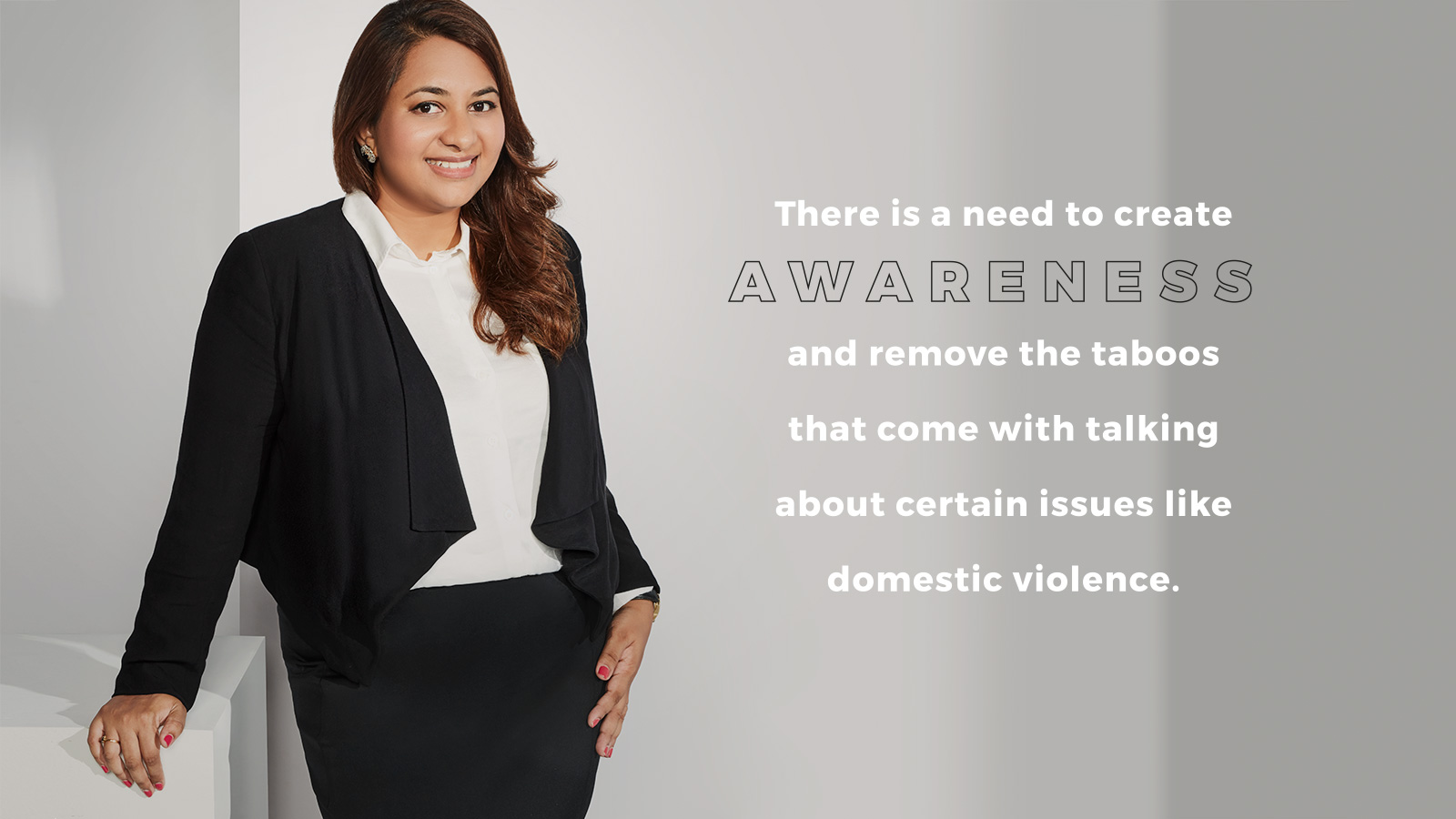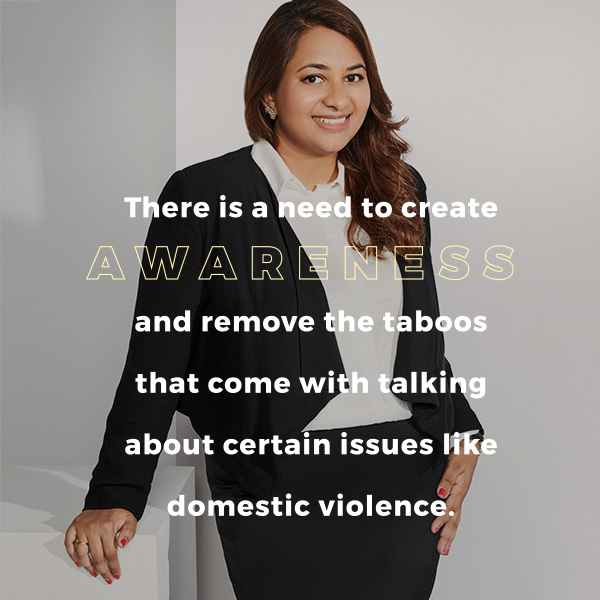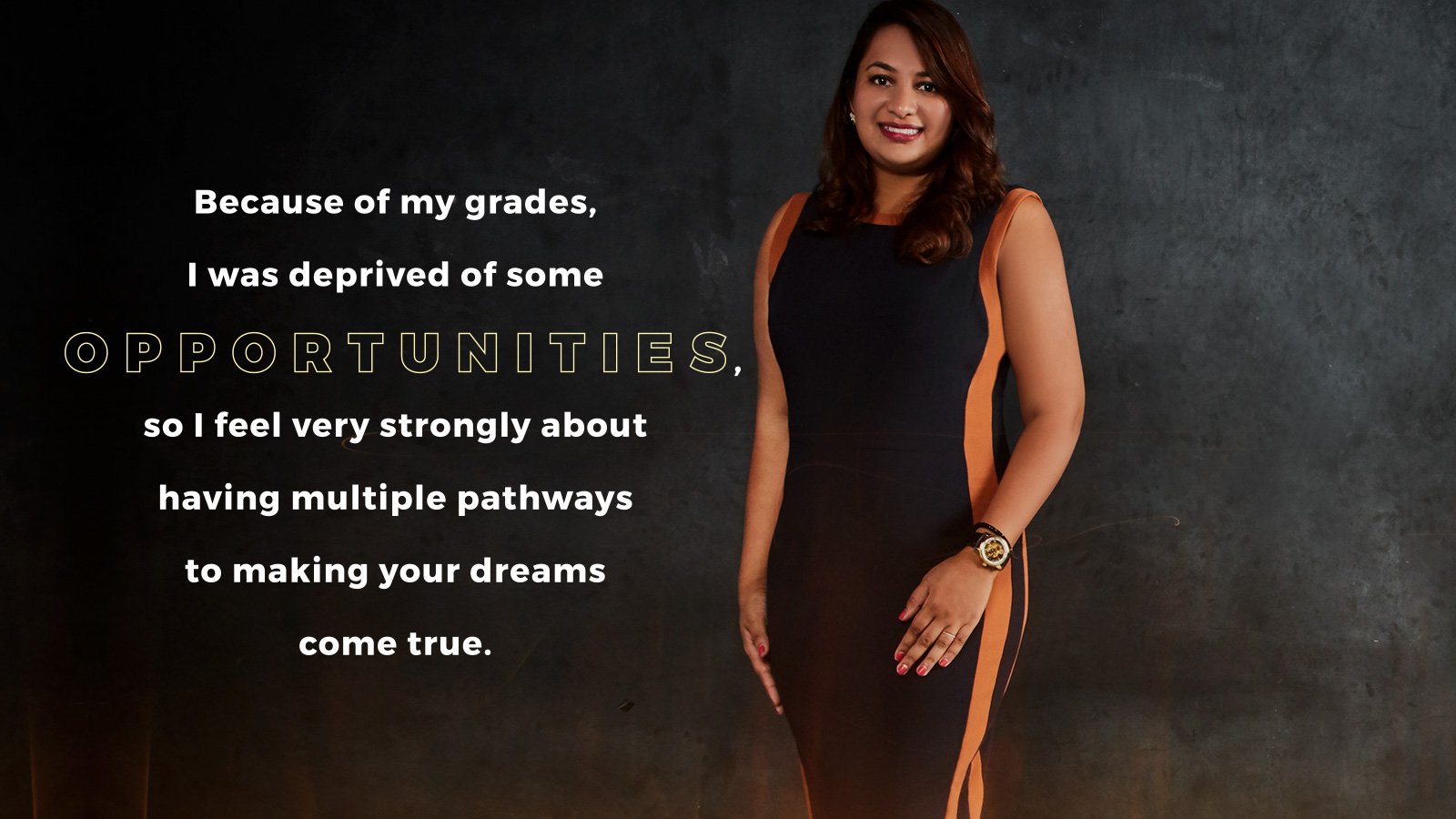Sujatha hopes that her own struggles serve as inspiration to the youths with whom she now works closely. “Because of my grades, I was deprived of some opportunities, so I feel very strongly about having multiple pathways to making your dreams come true. My experience affected my self-esteem and made me wonder if I could be a good lawyer. It was a painful lesson but and it also made me a stronger and more resilient person.”
Calling her work with young people her “soul food”, Sujatha wants to get to the hearts of young people, mostly aged from 17 to 25. She shares how some youths may not be able to envision possibilities because they lack exposure, don’t have role models or come from broken families. “I want to show them that the youth space is a wonderful safety network where they can be idealistic, experimental and innovative, while learning from their mistakes — which in turn allows them to become better leaders.”
EMPOWERING FROM THE GROUND UP
Sujatha says it is critical to identify issues among the young from an early age, so that discussions can take place earlier and the youth can use their energies more productively to help “enhance our society and community”. “There is a need to create awareness and remove the taboos that come with talking about certain issues, like domestic violence,” she says. To facilitate this, she helps out at legal clinics twice a week at the Community Justice Centre, where she has had 14-year-olds seek advice on bullying. “It is a problem in schools and our youth now experience cyberbullying too, in the form of revenge porn being circulated and so on. It is important for us to go into these spaces.” Sujatha also gives talks in schools on cyberbullying and gangsterism, sharing with her young audience how certain actions of theirs can amount to criminal offences. The talks are organised by The Law Society’s Pro Bono Services.

















